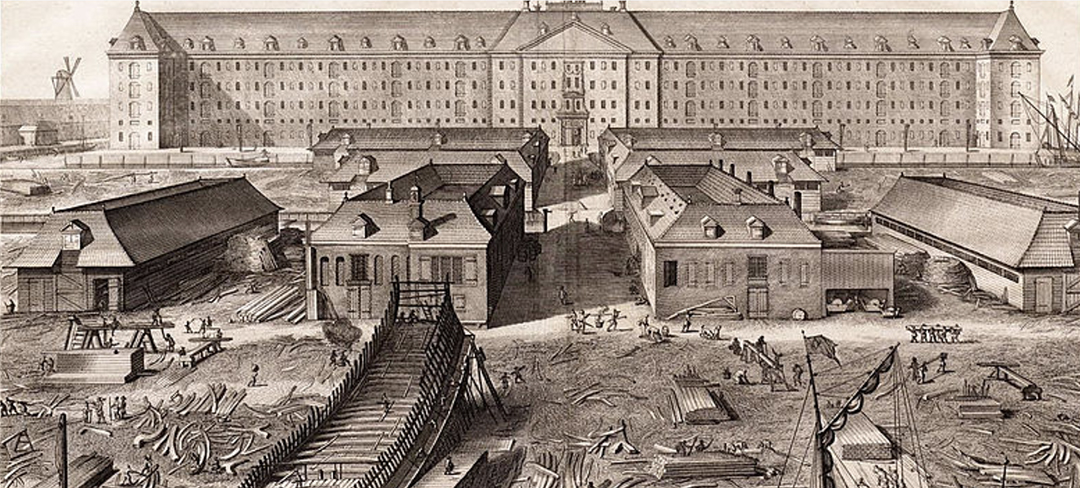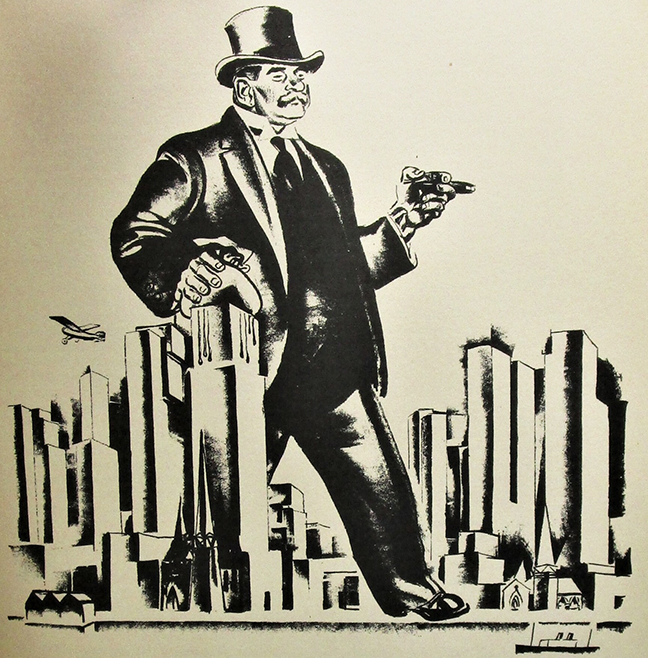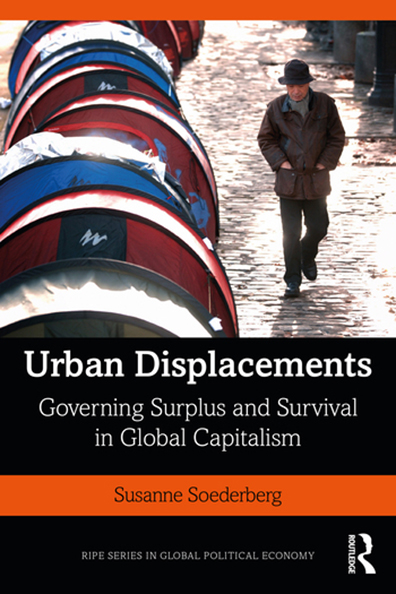Enclosures
Marx’s Inquiry into the Birth of Capitalism: Why Does It Matter?
Online: Zoom link will be provided to registered participantsAs Marx argues, “original accumulation” of capital, the transformation of pre-capitalist to capitalist social relations, is not explained by the fairy tale of wise and thrifty household producers getting wealthy by their own labor. John Milios’ research into the “pre-capitalist money owner”, the role of commodity production (as opposed to production for direct consumption) based on slave labor in the ancient world, and the development of ”contractual money begetting” production in Europe in the middle ages, helps us understand what is and is not capitalism. He critically analyzes both Marxist and non-Marxist literature. He uses the rise and fall of the Venetian mercantile republic as a case study. He concludes that “No version of capitalism is the realm of ... freedom or justice. Capitalism is a social system in which ... coercion guaranteeing economic exploitation of the ruled by the rulers is incorporated into the economic relation itself.”
Capital, V1, Part 2: The Transformation of Money Into Capital
Online: Zoom link will be provided to registered participantsWe will do a close reading of the chapters in Part Two of Volume I of Capital on “The Transformation of Money Into Capital”. In these chapters Marx introduces the fundamental concepts of capital,labor power, surplus value and the valorization process.
Capital, V1, Part 2: The Transformation of Money Into Capital
Online: Zoom link will be provided to registered participantsWe will do a close reading of the chapters in Part Two of Volume I of Capital on “The Transformation of Money Into Capital”. In these chapters Marx introduces the fundamental concepts of capital,labor power, surplus value and the valorization process.
Capital, V1, Part 2: The Transformation of Money Into Capital
Online: Zoom link will be provided to registered participantsWe will do a close reading of the chapters in Part Two of Volume I of Capital on “The Transformation of Money Into Capital”. In these chapters Marx introduces the fundamental concepts of capital,labor power, surplus value and the valorization process.
Capital, V1, Part 2: The Transformation of Money Into Capital
Online: Zoom link will be provided to registered participantsWe will do a close reading of the chapters in Part Two of Volume I of Capital on “The Transformation of Money Into Capital”. In these chapters Marx introduces the fundamental concepts of capital,labor power, surplus value and the valorization process.
Capital, V1, Part 2: The Transformation of Money Into Capital
Online: Zoom link will be provided to registered participantsWe will do a close reading of the chapters in Part Two of Volume I of Capital on “The Transformation of Money Into Capital”. In these chapters Marx introduces the fundamental concepts of capital,labor power, surplus value and the valorization process.
Capital, V1, Part 2: The Transformation of Money Into Capital
Online: Zoom link will be provided to registered participantsWe will do a close reading of the chapters in Part Two of Volume I of Capital on “The Transformation of Money Into Capital”. In these chapters Marx introduces the fundamental concepts of capital,labor power, surplus value and the valorization process.
Urban Displacements and Contemporary Capitalism
Online: Zoom link will be provided to registered participantsSusanne Soederberg argues that historical and geographical configurations of monetized governance, including landlords, employers and inter-scalar state practices, have served to reproduce urban displacements and obfuscate their gendered, class and racialized underpinnings. The outcome is the everyday facilitation and normalization of urban poverty and social marginalization on one side, and capital accumulation on the other.



